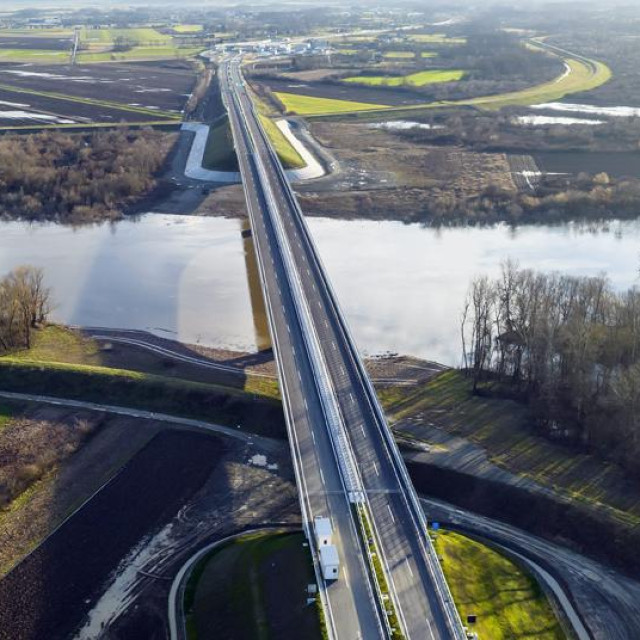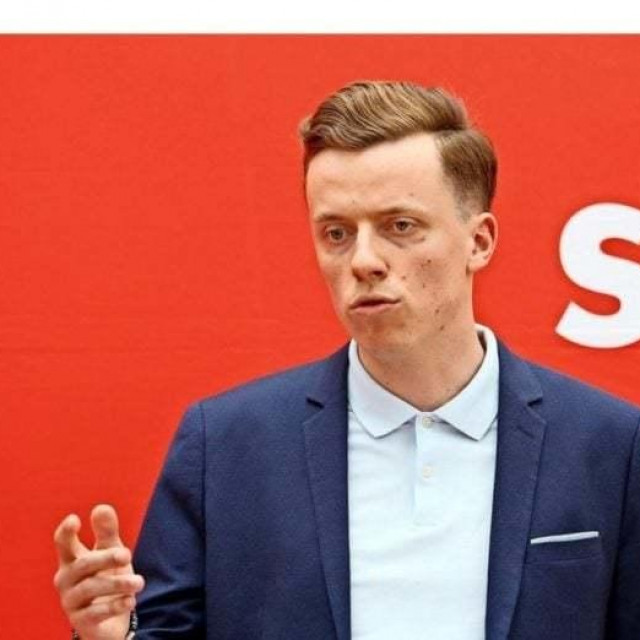
Mr Ahmetović, what is your assessment of the current situation in the BiH?
The current political situation in BiH can be described as fragile. The international community, including the Federal Republic of Germany, is looking with concern at the growing nationalism. Attempts at secession by the member of the State Presidency, Milorad Dodik, are unsettling the people in the country and are destabilising not only BiH, but are also leading to noticeable tensions in the entire Western Balkans region. Attempts to undermine the Dayton Peace Agreement and to further secession not only endanger stability in BiH and the Western Balkan region, but also in Europe as a whole.
What should you recommend to the BiH political leaders?
In principle, it is not my task as a German parliamentarian to give recommendations to other politicians on how to conduct their domestic policy in the country. But it is different in the case of BiH: It is the only country in Europe whose foundation is a European or international peace treaty. The Dayton Peace Agreement has to be protected by BiH, Serbia and Croatia - also by the EU and the international community. It is therefore my task as a German foreign policy expert to issue warnings in the direction of Dodik and others when attempts are made to undermine the Dayton Peace Agreement. At the same time, it is important for me to emphasise that the democratic and liberal forces in BiH and the Western Balkans can rely not only on my support, but also on that of the Federal Republic of Germany.
Do you have some ideas for helping in reform of the electoral law and limited constitutional reforms?
Electoral reform in Bosnia and Herzegovina is urgently needed. However, it should be considered whether it should not be postponed until after the election in Bosnia and Herzegovina in October 2022 in order to prevent possible election manipulation. Implementation of the ECtHR ruling, free and secure access to polling stations for all citizens, correct registrations, transparency of the electoral register, digital counting of votes and checks on ballot boxes are top priorities. Should a reform be initiated before the election, then the court ruling on Sejdic-Finci must be taken into account.
What is your position on 'constituent peoples', should that term be rejected or preserved, and why?
The country's current constitution was established in the Dayton Peace Agreement. It guarantees equal power-sharing among the three constituent peoples: Bosnian Croats, Bosnian Serbs and Bosniaks.
The goal in BiH should be that the Dayton Peace Agreement is further developed by all sides and that all people, regardless of their ethnic and religious affiliation, receive equal rights - also in the sense of political participation (active and passive voting rights).
Do you, as having Bosniak roots, expect problems in contact with Serbian and Croatian political representatives?
I am a German parliamentarian with a focus on foreign and security policy. By taking on the new task of being the main rapporteur for the Western Balkans, I am equally available to all Western Balkan states as a cooperation partner - always under the premise of further developing peace, democracy and prosperity for the region as well as intensifying the relationship with the EU and bilateral cooperation with Germany. In the coming weeks and months, I will travel to Serbia, North Macedonia and also Croatia to hold talks with various representatives from politics, business, science, culture and civil society. During the talks I will certainly benefit from the fact that I understand the languages due to my background, have good geographical and historical knowledge as well as a feeling and empathy for the cultures and ways of life.
High Representative, Christian Schmidt is German, but coming from CSU. Would that be a problem in views on crisis resolving?
On the contrary, just this week, the High Representative for Bosnia and Herzegovina and I have zoomed in and exchanged views on the current situation in BiH. The office of the High Representative for Bosnia and Herzegovina is to be strengthened in order to give greater prominence to the civilian aspects following the Dayton Agreement and to provide greater support for democratic efforts. The High Representative and I are in close communication and he also has the support of the largest parliamentary group, my SPD parliamentary group, in the Bundestag, for his challenging tasks.
Whose outside the region influence do you see benefit to the BiH and also detriment.
The states in the Western Balkans have independent political systems, but the internal political developments of each country have direct and indirect mutual influence. From my point of view, it can be beneficial for the individual states to cooperate more closely with one another and to be in healthy democratic competition with respect to one another. The Western Balkans have always been of great interest geopolitically for centuries. For some years now, growing Russian and Chinese interest can be registered. I advocate a rapprochement with the EU - that is why I will continue to work for the EU integration of the Western Balkan countries.
What would be your proposals to the Bundestag regarding the crisis in BiH?
As rapporteur, I will report to the largest parliamentary group in the German Bundestag, the SPD parliamentary group, on the situation in the Western Balkans. But this is not just about describing the political, economic and social state of the region. I would like to propose to the Foreign Affairs Committee and the German government concrete steps for action to stabilise the situation on the ground, to preserve peace, to strengthen democratic and liberal forces, and to make EU enlargement a concrete possibility for all the states of the Western Balkans.
I am currently working with my colleague in the Bundestag, Dietmar Nietan, as well as with Josip Juratovic and other members of parliament and experts on a concrete plan for the stabilisation of Bosnia and Herzegovina. We want to provide support for the liberal-democratic forces in the Western Balkans. For this reason, too, we are working with priority on EU rapprochement and EU integration. This, of course, requires a broad dialogue and cooperation at all levels.
Should Croatia became a member of the Schengen area this year?
The Council of the EU has unanimously approved the admission of Croatia to the Schengen area at the end of 2021. The country is in a position to comply with the full implementation of the Schengen rules. The admission must now be decided by the member states of the European Union.
The German government foresees 'federal Europe'. How can we achieve that with Poland and Romania protesting EU law authority?
One important step is that we use the conference on the future of Europe for reforms. As the new government, we have written this into the coalition agreement of the "Ampel"-coalition. We support the necessary treaty changes. In this context, the conference should lead to a constitutional convention and the further development of a federal European state, organised on a decentralised basis and in accordance with the principles of subsidiarity and proportionality, and based on the Charter of Fundamental Rights. Here, too, we want to give priority to the Community method, but where necessary we will proceed with individual member states. In the coalition agreement, we also stipulated that we are in favor of and support the EU Commission in the future also taking forward proceedings against systemic infringements by bundling individual proceedings against a Member State for violations of the rule of law.
But it is also clear that common challenges such as climate change, the fight against the Corona pandemic or international conflicts are better met as a strong EU that protects its values and the rule of law both internally and externally and stands up for them with determination.
Should Nord Stream 2 start transferring gas from Russia to Germany? Could it be a problem for Ukraine, Poland?
The Federal Network Agency will decide on the operating permit for NordStream 2. One aspect of this is to clarify compliance with European law.
It would not be right to link the operating permit for the Nord Stream 2 gas pipeline to efforts to de-escalate the Ukraine crisis. But that would change if military action were taken. As my group's foreign policy expert with responsibility for Russia, I am concerned overall about the current situation and therefore welcome the efforts of our Chancellor Olaf Scholz, who is standing up for détente and stability.






Za sudjelovanje u komentarima je potrebna prijava, odnosno registracija ako još nemaš korisnički profil....